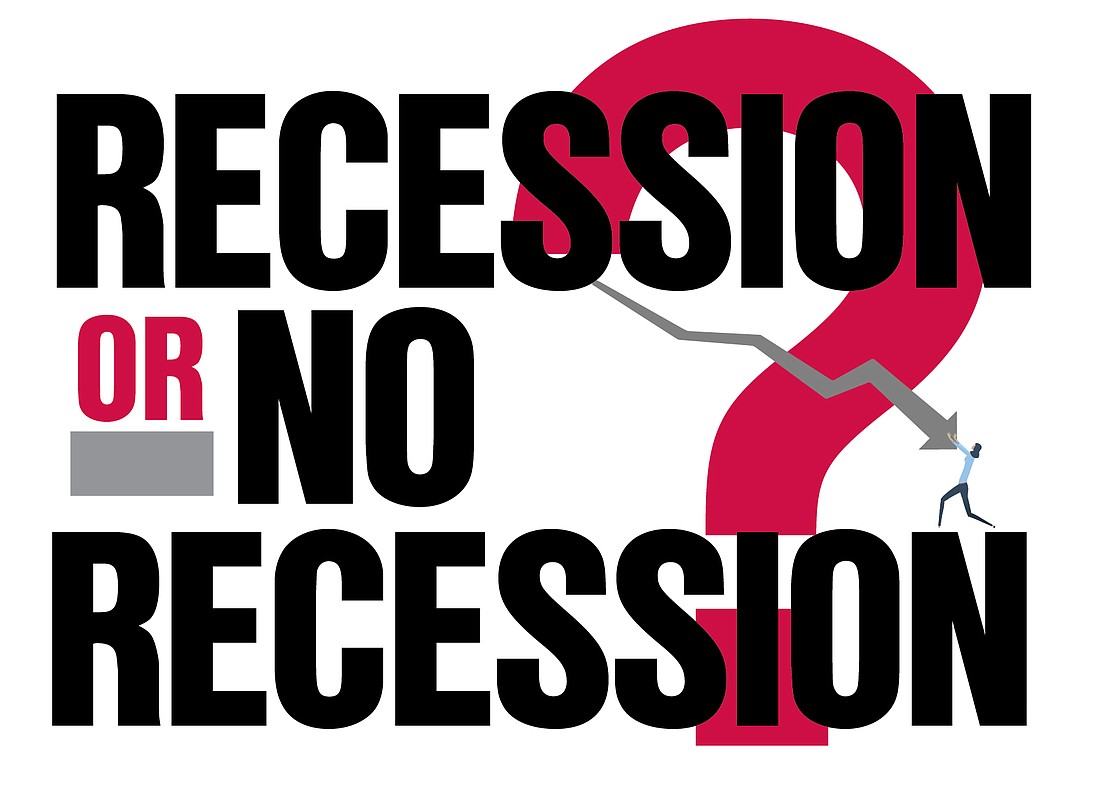- December 13, 2025
-
-
Loading

Loading

Jay Vandroff seriously considered spending at least $250,000 on three new trucks for his family-run moving and storage company earlier this year. Then he paused. And kept on pausing.
Heading toward September, the company, Sarasota-based Yarnall Moving and Storage, has yet to buy the new vehicles. In talking about the delay, Vandroff sounds, to a large extent, like he’s in a time warp, using 2008-2009 recession words like “cautious optimism.”